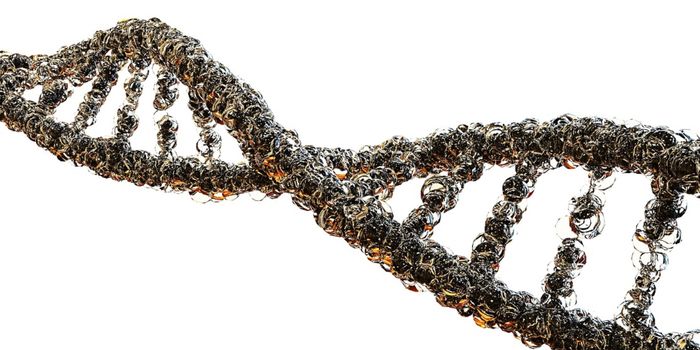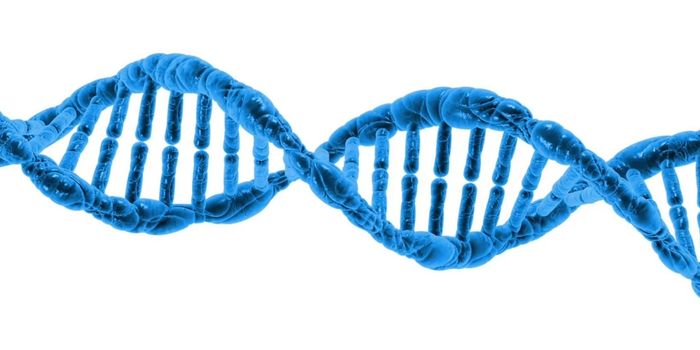Do you cringe at the sight of a snake or panic at the top of a roller coaster. Maybe it's in the genes.

An article in Science News (www.sciencenews.org/blog/scicurious/vivid-emotional-experience-requires-right-genetics) describes a new study showing that a single gene deletion adds an extra vivid jolt to some people's emotional experience. If you have it, certain images -- crying children, a bloody face, a snake rearing for a strike - bring up intense emotion:. When people see pictures with deep personal meaning, they see them more vividly. According to the article, "emotion gives the world an extra burst of Technicolor and increases the odds that they will remember the scene."
The emotionally enhanced vividness varies from person to person. The study says that some of this variability is in our genes, meaning that people really do see the world in different ways. The chemical messenger norepinephrine determines whether we fight or flee and makes emotional memories stand out, according to Rebecca Todd, a cognitive neuroscientist at the University of British Columbia in Vancouver. The chemical is produced in the locus coeruleus of the brain. The signals pass to other areas of the brain, but some of them bind to receptors called alpha2b adrenoreceptors on cells in the locus coeruleus and act as a brake.
While the receptors are produced by the gene ADRA2b, some people have a variation of the gene that deletes the alpha2b adrenoreceptor. This factor could cut some of the wires on the norepinephrine brakes, giving people stronger memories of emotionally charged events, according to a 2007 study. Todd and graduate student Mana Ehlers sought to determine whether this occurrence could have an impact on how people perceived emotional images.
The researchers recruited 39 college students, 21 of whom had the ADRA2b deletion. In an MRI machine, the students were asked to react to images overlaid with visual noise. They were shown a neutral image of lines overlaid with varying amounts of noise and then another image with different noise. They had to decide if the second image had more or less noise than the first, which demonstrated how vividly they could perceive the image.
All of the students viewed the emotionally charged images more vividly than the neutral pictures. They said that the emotional pictures had less noise than neutral images, but people with the ADRA2b gene deletion variant had higher levels of this visual boost than the control group. Results were published in the April 22 issue of the Journal of Neuroscience.
ADRA2B, which codes for the noradrenaline receptor, is responsible for the differences in the response and could affect how well people remember traumatic events, as opposed to mundane ones, according to Dominique de Quervain, a neuroscientist at the University of Zurich in Switzerland, whi did a similar study in 2007. Some 30 per cent of Caucasians and 12 per cent of Africans possess this variant.









